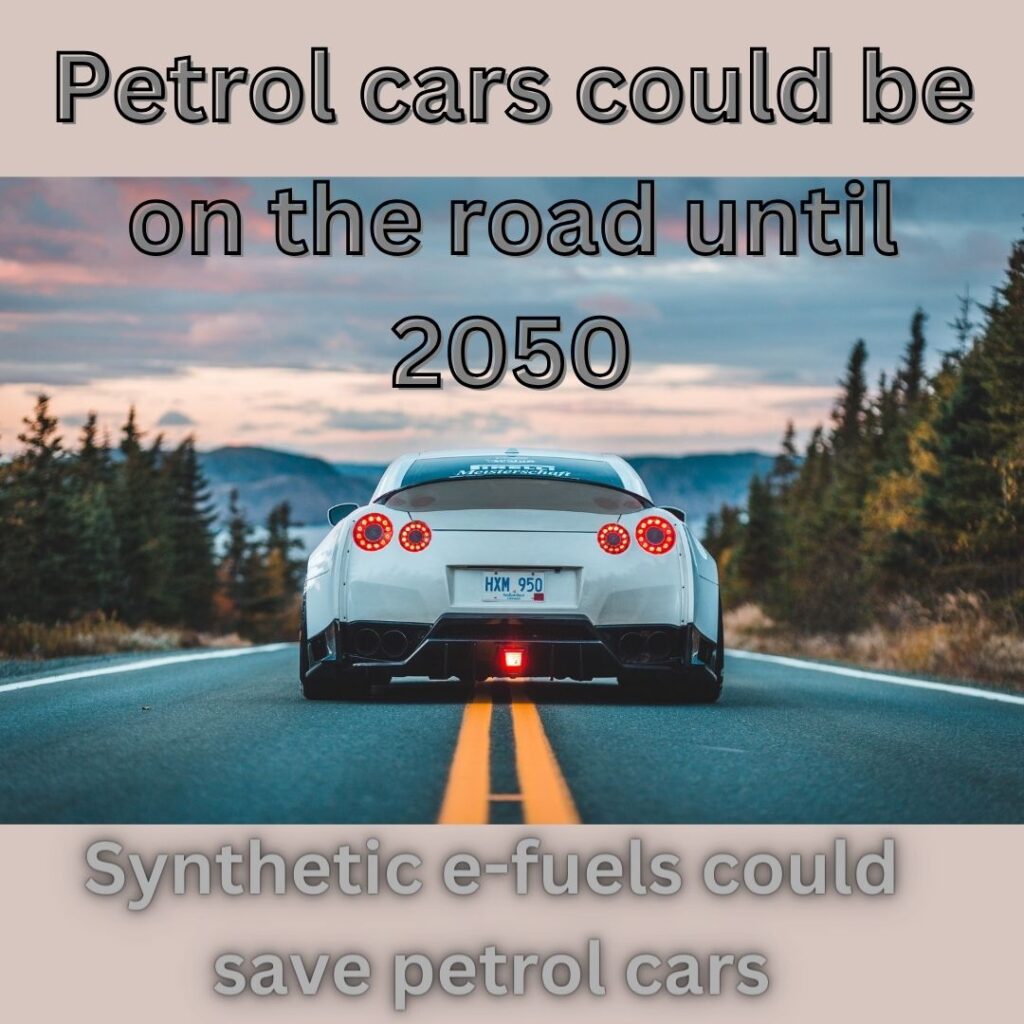
Car-maker Stellantis believes petrol vehicles could be on the road until 2050, but only if they run on synthetic e-fuels.
The company has been testing e-fuels with Saudi Aramco and found that 24 types of internal combustion engines (ICE) in its European vehicles can use them without modification.
E-fuels are made by combining captured carbon dioxide and hydrogen produced from renewable energy. They produce zero emissions when burned, making them a potential alternative to petrol and diesel.
However, e-fuels are currently very expensive and not widely available. Stellantis estimates that it could take until 2025 for production to ramp up and prices to come down.
The company is also facing opposition from some environmental groups, who argue that e-fuels are a distraction from the need to switch to electric vehicles.
Despite the challenges, Stellantis is committed to developing e-fuels as a way to reduce the emissions of its petrol and diesel vehicles. The company believes that e-fuels could play a role in decarbonizing transportation in the long term, especially for vehicles that are difficult to electrify, such as heavy trucks and planes.
Here are some of the key arguments for and against e-fuels:
Arguments for e-fuels:
- They can help to reduce emissions from existing ICE vehicles.
- They can be produced using renewable energy, making them a carbon-neutral fuel.
- They could help to reduce the reliance on fossil fuels.
Arguments against e-fuels:
- They are currently very expensive.
- They are not yet widely available.
- It takes a lot of energy to produce them, which could offset some of the emissions benefits.
- They could be used as a way to delay the transition to electric vehicles.
The future of e-fuels:
It is still too early to say whether e-fuels will play a significant role in the decarbonization of transportation. However, they have the potential to be a valuable tool for reducing emissions, especially in hard-to-electrify sectors.
The development of e-fuels is still in its early stages, but there is a growing interest in the technology from car makers, governments, and energy companies. If e-fuels can be produced at a lower cost and become more widely available, they could have a significant impact on the fight against climate change.